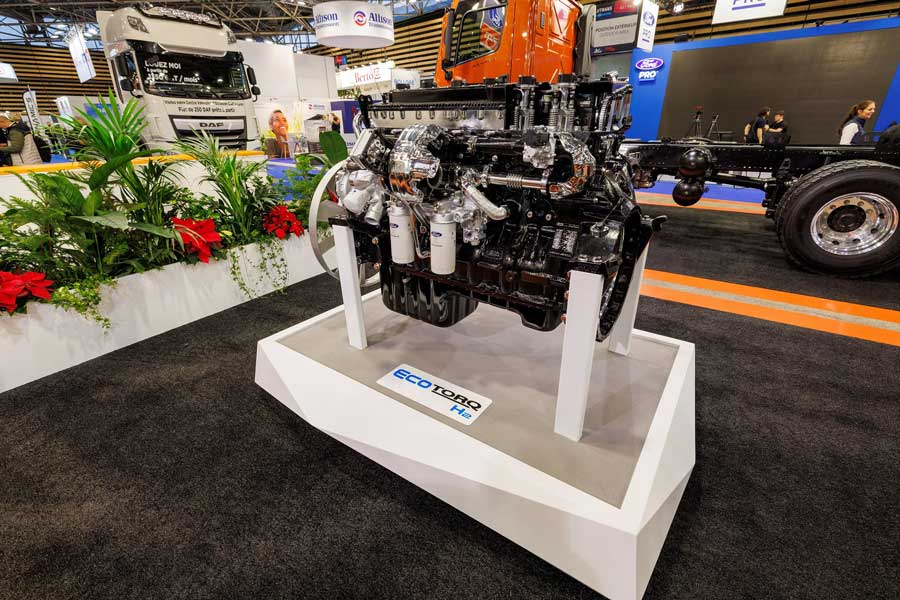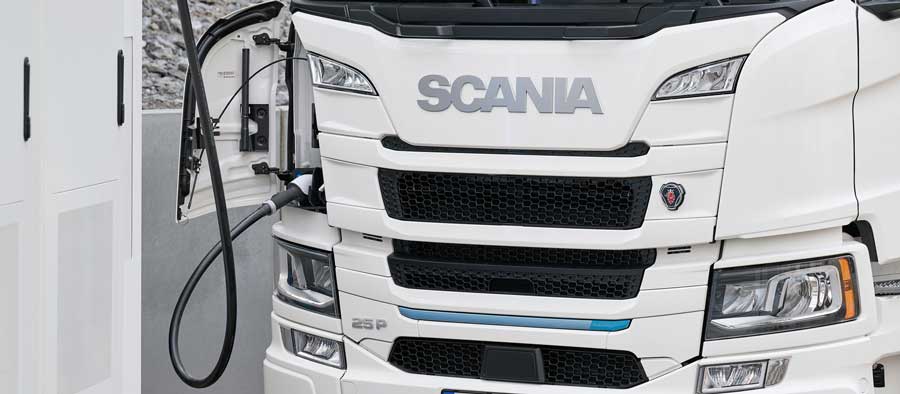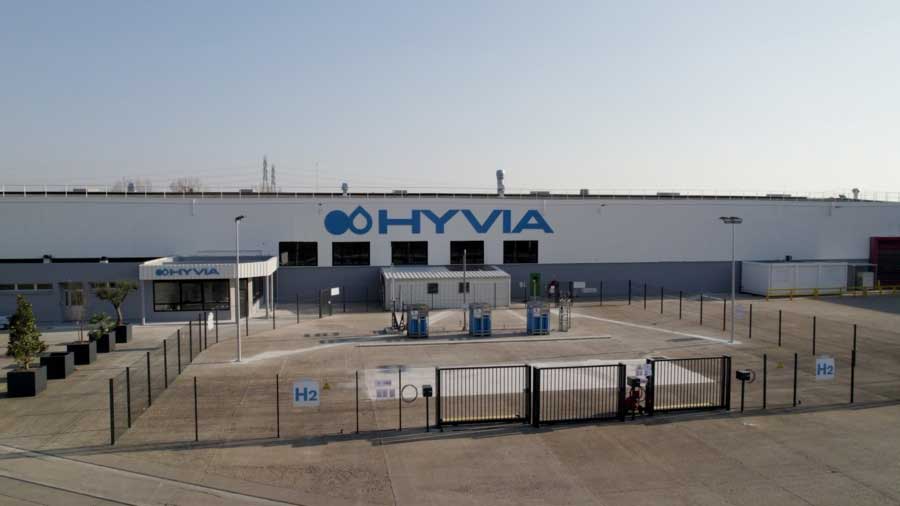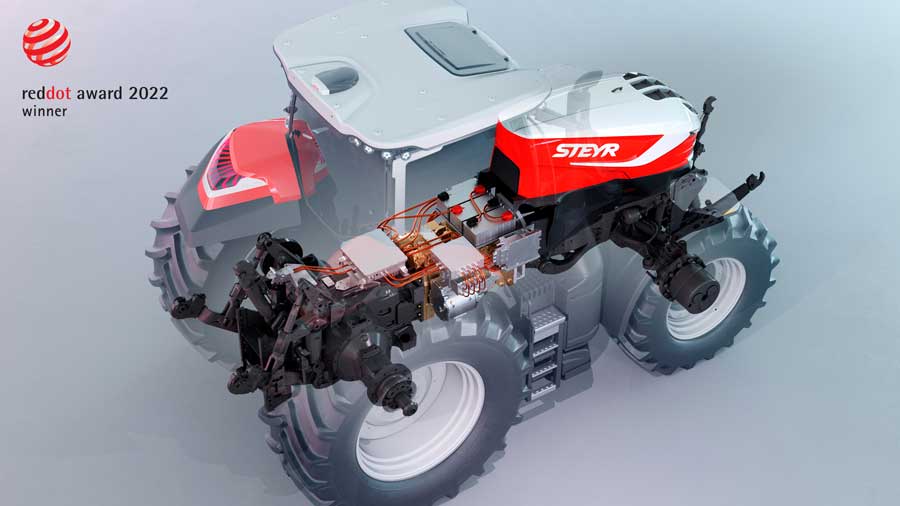Accelerating its R&D efforts in line with its vision of “creating value with the most efficient transportation solutions” and its goal of a zero-emission future, Ford Trucks has taken its alternative fuel technologies efforts to another level. Ford Trucks, continuing its hydrogen-fueled engine operations, which started last year with a single-cylinder research engine, has taken its efforts to the next level and has now successfully achieved the first ignition of the multi-cylinder hydrogen engine H2-Ecotorq which is also the Ford Trucks own design.
Ford Trucks engineers will continue work on system optimization and development activities for the engine, which has shown successful results in the first tests.
The milestone represents an important step towards expanding Ford Trucks‘ carbon-neutral product portfolio as a zero-emission vehicle solution. Ford Trucks also reaches another important milestone in its 2040 zero emission target for heavy commercial vehicles with this development.
Ford Trucks continues its zero emission investments
In line with its sustainability vision, Ford Trucks is leading the transportation technologies of the future in the heavy commercial vehicle sector.
Ford Trucks, initiating a significant transformation journey with the “Generation F movement,” focused on zero-emission, connected, and autonomous technologies, is working to launch its first fully electric truck on the roads by 2025.
Focusing on alternative fuel technologies alongside electrification, Ford Trucks is developing the first hydrogen fuel cell electric vehicle (FCEV) F-MAX within the framework of the European Union’s ‘Zero Emission Transport Ecosystem‘ project, with a vision to contribute to the future of mobility solutions.










